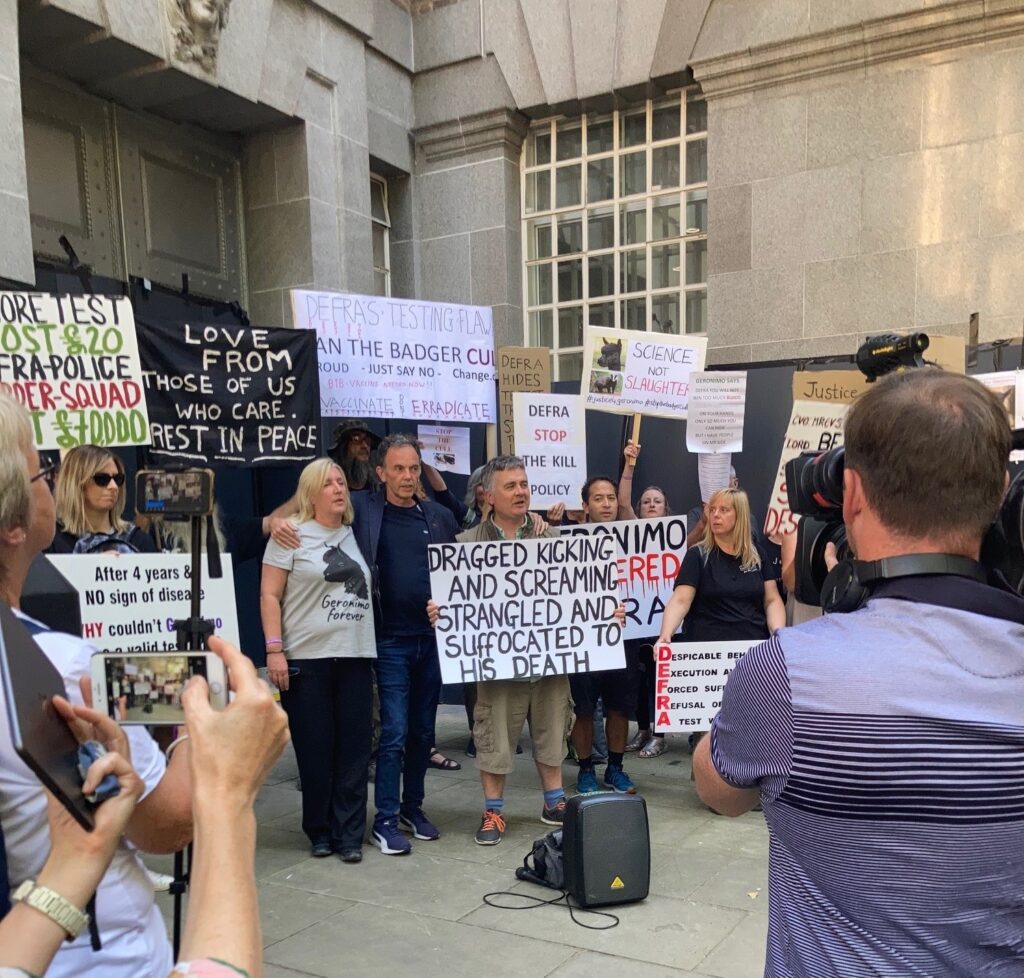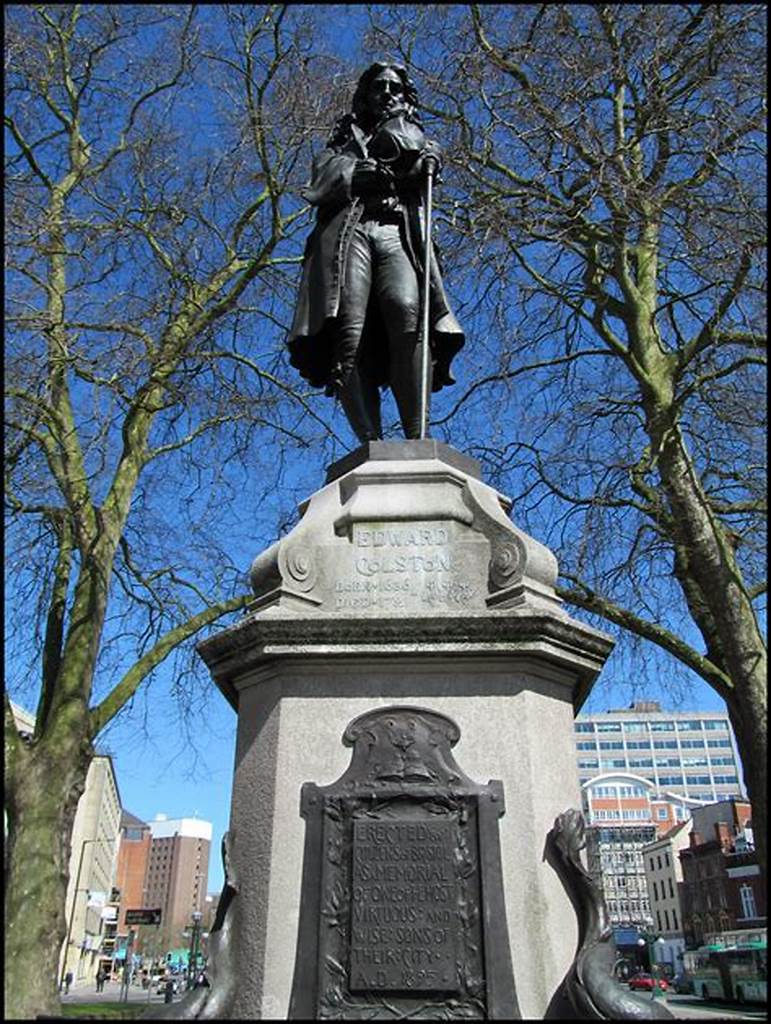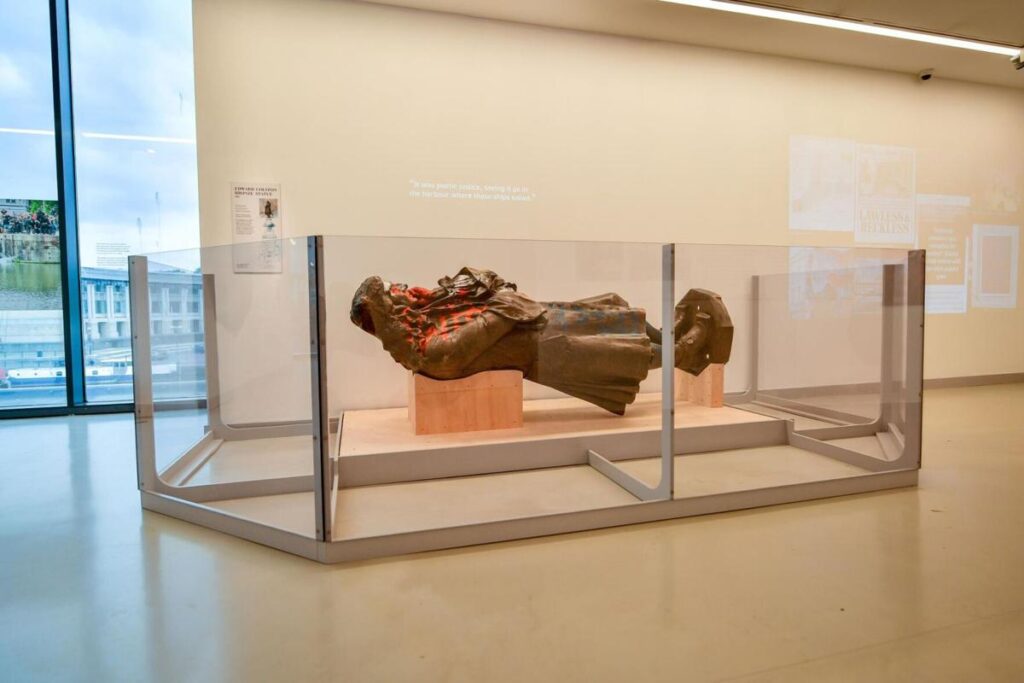Is the tragic fate of Geronimo the Alpaca going to turn into the Little Brown Dog Affair of the 21st Century?

On Wednesday 8th September, I attended a lively, noisy, but peaceful, protest in front of the Defra building in Smith Square, London. The protest was both decrying the brutal handling, stressful removal, and subsequent slaughter of Geronimo the Alpaca – accused by the authorities of having TB – as well as the ongoing contentious debate about the efficacy of culling badgers to prevent TB in cattle. Another ~60,000 are due to be culled in the near future, to add to the ~140,000 deaths so far.
There were several impassioned and well-informed speakers. Dominic Dyer – well known to us not only for campaigning to save the life of Geronimo, but also the main spokesperson here in the UK on behalf of the NowZad charity and its founder, Pen Farthing. most of you will have come across the ongoing debacle of getting Pen’s vets and nurses (as well as close families), and rescue animals, out of Afghanistan on a private-donations-funded flight – the government U-turned so many times they must have made themselves sick with dizziness. Also speaking was Helen MacDonald, Geronimo’s human companion, tireless defender and seemingly unstoppable force of nature, and then Iain McGill, a vet and campaigner against the slaughter of badgers, among many other animal welfare issues.
At the protest, Helen announced preliminary findings of the post-mortem found that Geronimo – as Helen, Iain, Dom and many others, had contended all along – did not have TB. Defra, of course, contests these findings. They hurriedly put out a statement – while we were still protesting outside their building, in fact – declaring they had found some abnormal lesions that could indicate the presence of TB. But, why, oh why, didn’t they proudly declare this earlier, if they were so sure – this was, after all more than a week after Geronimo was taken, and we can only presume that the post mortem was performed shortly after his death? It would have vindicated their seemingly brutal treatment of the animal and the requirement to euthanise. This row will run and run, I suspect.
Whilst listening to the speakers, the parallels between this case and the story of the little brown dog of Battersea struck me forcefully.
Over one hundred years ago, the public outcry, distress and disturbances that ensued over the perceived abuse, ongoing maltreatment, and public slaughter of one dog by an entitled, elitist, and at the time male-dominated, ‘authority’ is hard to make sense of in a way. Why all the fuss? And over a single creature? Why does it matter? It’s just an animal, after all?
The outcome of the brown dog story was that the memorial to his memory, but more than that, to the memory of the countless animals used and abused in a similar way, ended up being so divisive and problematic for the government of the time, that it led to the local authority surreptitiously stealing it in the dead of night and destroying it.
That one nameless, homeless stray could cause so much controversy and trouble at a national level is hard to comprehend – and I’ve studied the story in a huge amount of depth, but it happened. And I believe the same will be true of Geronimo. The lasting outcome of the Brown Dog affair was a heightened public understanding and conscience about the plight of laboratory animals, and, indirectly, contributed to the revisiting of cruelty to animals’ legislation through the convening of another Royal Commission.
And I believe, after listening to the passion, dedication and conviction of the speakers that day, that the cruel and, as it turns out, more than likely totally unnecessary slaughter of that healthy alpaca, will cause a similar tsunami wave of change within Defra and beyond.
As my fictional heroine Lena says, and I believe whole-heartedly:
“Our humanity will be judged by how we treat and care for other species, not just our own kind.”
Take heed, Defra!


